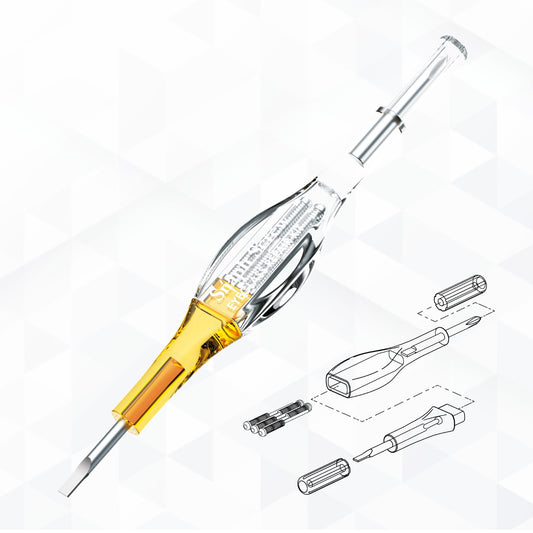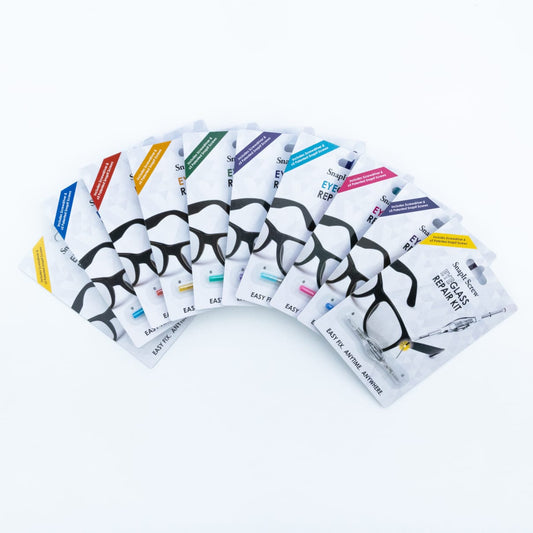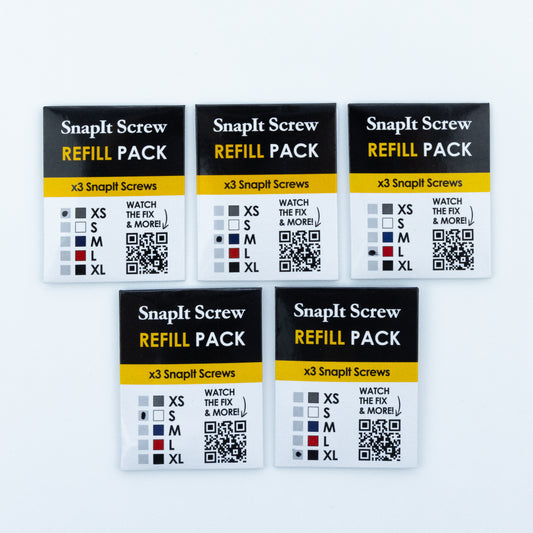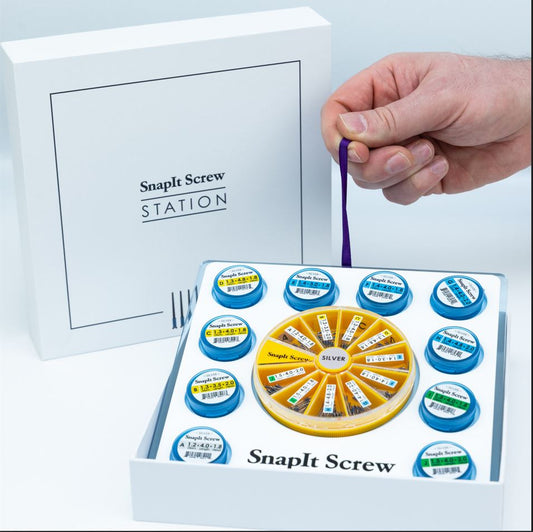Your current glasses may still “do the job”, you can see, read, and get through your day without any major problems. But just because your glasses still work doesn’t always mean they’re still right for you. In fact, wearing outdated or ill-fitting glasses could lead to subtle issues you might not even associate with your vision. When should you think about replacing your glasses?
Your Prescription Has Changed (Even Slightly)
Eyesight changes over time, especially if you’re over 40 and dealing with presbyopia, or you have myopia, hyperopia, or astigmatism. Even small changes in your prescription can affect your ability to see clearly, especially while reading, using a screen, or driving.
Signs your prescription may be outdated:
-
Frequent squinting
-
Headaches or eye strain
-
Blurry vision at specific distances
-
Struggling with night vision
Even if your glasses feel “fine,” it’s smart to book an eye test every one to two years. Prescription updates can dramatically improve your quality of life.
You’re Experiencing Discomfort or Fatigue
Are you often rubbing your eyes? Do you feel tired after reading or computer work? These might not be signs of overwork, they could be related to wearing glasses that no longer support your visual needs.
Outdated glasses can cause:
-
Eye fatigue
-
Neck strain from tilting your head
-
Headaches from overcompensating vision
Upgrading to new prescription glasses or better lens coatings can make a surprising difference, especially if you spend a lot of time on screens or switching focus between distances.
Your Glasses Are Worn, Scratched, or Loose
Even if your vision feels okay, scratched lenses, loose arms, or an old frame that slips off your nose can reduce your visual clarity and comfort. Tiny scratches can cause light distortion, glare, and blur that you may have gradually adjusted to, without realising how much sharper things could be.
It might be time to replace your glasses if:
-
Your lenses are scratched or scuffed
-
The frame is bent, or no longer fits your face
-
The nose pads are worn or cracked
-
You’re constantly adjusting the fit
A new pair of glasses can bring back that “wow” factor, clear vision and a perfect fit you may have forgotten was possible.
Your Lifestyle or Daily Routine Has Changed
Started a new job with lots of screen time? Spending more time outdoors? Your visual needs change with your lifestyle. The glasses that worked for reading or general wear might not be the best for computer work, driving, or sports.
You might need:
-
Blue light filtering for digital eye strain
-
Progressive lenses for multitasking without switching glasses
-
Prescription sunglasses for UV protection
-
Lightweight, durable frames for active days
You Want Better Technology or Comfort
Advances in optical technology happen every year. New lens coatings, materials, and frame designs can improve your experience, even if your prescription hasn’t changed.
New glasses can offer:
-
Anti-reflective coatings to reduce glare
-
Photochromic lenses that darken in sunlight
-
Thinner, lighter high-index lenses for strong prescriptions
-
Flexible or memory-metal frames for a better fit
If you’ve had your current glasses for 3+ years, it’s worth exploring what’s new. Your eyes (and style) deserve an upgrade.
You Want a Fresh Look or Feel More Confident
Let’s be honest - glasses are also a fashion statement. If your current pair feels outdated, doesn't fit your face well anymore, or just doesn't suit your style, there's nothing wrong with wanting a change.
A new pair of glasses can:
-
Refresh your overall appearance
-
Help you feel more polished or professional
-
Match your current wardrobe or lifestyle
-
Make you feel more confident wearing glasses in public
You don’t have to wait for a break or scratch to give yourself permission to buy a new pair - feeling good in your glasses is a valid reason all on its own.
You’re Having Trouble with Tasks You Used to Handle Easily
Do you find yourself holding reading material further away, tilting your head, or switching to different pairs of glasses more often? These are signs your vision correction might not be keeping up with your needs.
Tasks that feel harder may include:
-
Reading books, emails, or menus
-
Driving at night
-
Looking at road signs
-
Using a smartphone
-
Doing fine, detailed work
If these tasks have become more frustrating, even slightly, it’s a good idea to reassess whether your current glasses are still the best match for your eyes.
You’re Using a Temporary or Backup Pair
If you’re relying on an old pair of glasses after your main pair broke, it’s worth replacing them with a custom made pair as soon as possible. Ready-made reading glasses or drugstore backups can be useful, but they’re no substitute for prescription lenses that are designed to correct your specific vision needs.
Temporary glasses may:
-
Lack proper lens alignment
-
Have the wrong power in one eye
-
Not fit your face properly
-
Miss out on lens coatings or protection
They’re fine in an emergency, but they’re not built for long-term, all-day wear.
Your Eye Health Has Changed
If you’ve had any changes to your eye health, like dry eyes, eye infections, cataracts, or eye surgery, it could affect how your glasses perform. Your old frames and lenses may no longer match your post-treatment vision correction.
Always book an eye test after:
-
Eye injuries or infections
-
Vision-related side effects of medication
-
Laser surgery or other eye procedures
Updating your glasses after a change in eye condition ensures you get the best out of both your treatment and your daily vision.
If you’re wondering, “Should I replace my glasses even though they still work?” the answer is probably yes. If your vision, comfort, or lifestyle has changed, even a little, it’s worth exploring new options.
A new pair of glasses could mean sharper focus, better comfort, and even a confidence boost. Don’t wait for your current pair to break, your eyes deserve better before that happens.
 and
and  WHEN BUY 3 KITS
WHEN BUY 3 KITS







